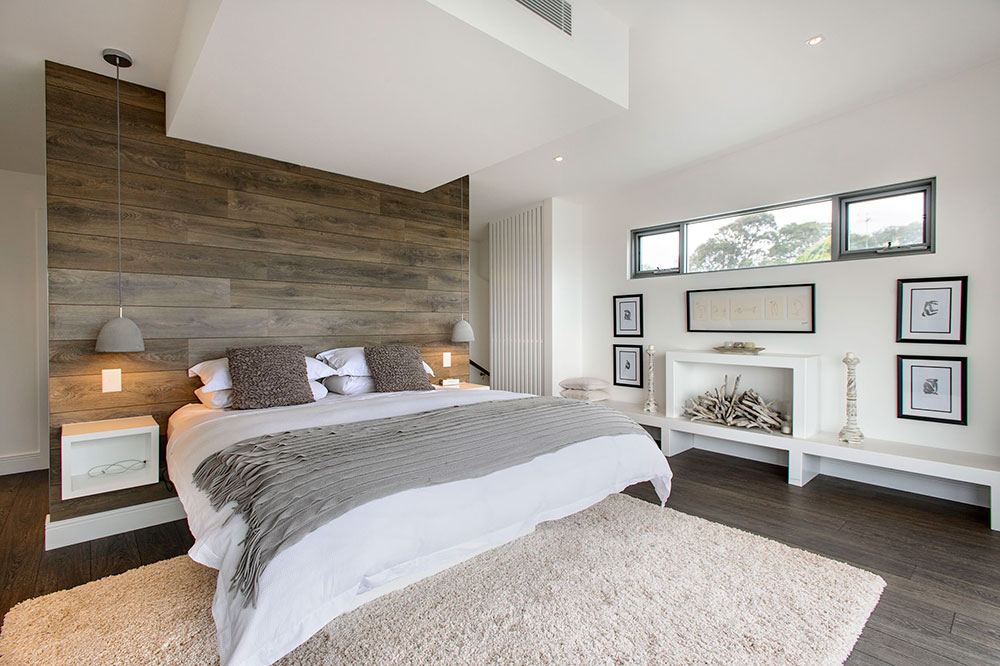As fun as shopping for a new home is, it carries a number of hidden risks that everyone should be aware of. The main risk is related to price as houses can get very expensive. You are expected to pay a fortune for a purchase that you are not sure will make you happy in the long run. Because of this, you need to know what to consider when buying a home (especially the steps to take when buying your first home).
Check out these important considerations to keep them in mind as you view Houses for saleAnd Things To Know Before Buying A Home:
Define a budget
 Image source: Neuhaus Design Architecture, PC
Image source: Neuhaus Design Architecture, PC
We know everyone looks at the aesthetic side first, which makes it really easy to fall in love with a hilltop mansion with five bedrooms, three bathrooms. However, the first answer to “What to Look For When Buying a Home” is “Something You Can Really Afford”.
It is important to research the neighborhood you are in plan to buy Your new investment property.
 Image source: CWB architects
Image source: CWB architects
Instead of debiting your bank accounts, sit down and carefully consider whether the purchase is worth all of what you have to spend. Remember that even late payments will depend on the monthly payments you can make, and you should calculate whether you will actually have enough money left for other activities.
Big houses also mean greater responsibility: high maintenance and supply costs, expensive insurance and a “hard” tax.
There is no “time to buy right”
 Image source: Landsted Companies, LLC
Image source: Landsted Companies, LLC
Do not make a wasted effort to analyze the market and choose a specific moment to get the best buy. The perfect moment is when you discover a home that suits your needs, ideally one that you can afford. McGuire Management & Sales says real estate is cyclical in nature, meaning it goes up and down all the time. Waiting for the right moment will likely result in the right moment being missed.
Take into account the impact of your credit rating
 Image source: main building
Image source: main building
When investing in real estate, consider a personal loan or mortgage. Remember, mortgage officers rely on your credit reputation to provide you with credit and base their decision on your payment history.
Your credit rating shows whether you are responsible for your debts and obligations, and whether the loan you are applying for is actually something you can handle. To make it better, you could get an affordable credit card and cover the expenses every month or a car mortgage that you can actually cover. Individuals who have a lease agreement (with a rent in their name) could also act as responsible payers for amenities.
Strengthen your emergency fund
 Image source: Mark Dziewulski architect
Image source: Mark Dziewulski architect
Buying a new home can be a real roller coaster ride for first time owners: they’ll see a shocking change in their monthly income, and the money will seem to go away to cover utilities, taxes, and maintenance. Yes, life will change!
You need to be prepared for this change. A great way to do this is to bolster your emergency fund, ideally a few months before you commit to a home purchase procedure. Having a little extra cash to cover unexpected expenses makes the experience a lot less stressful.
Explore every mortgage option
 Image source: chalet
Image source: chalet
Estimate each long term mortgage option according to your expectations. For example, people who don’t plan on moving in 30 years may be interested in fixed-rate mortgages. Others buying a home as a starting point and planning to move immediately after having their second child would prefer adjustable tariffs. It’s all a matter of plans and preferences.
Also, don’t jump for the first available option. Different banks have different offers, and you should do some research to determine the lowest interest rates you can find. You can even ask a banking specialist for advice and guidance on the best loans and terms.
Choose the best home insurance
 Image source: JWT Associates
Image source: JWT Associates
Again, sticking to the first quote you get just because you don’t have expert knowledge is not the solution. There are many different insurance policies, both separate and limited ones. For example, many insurance companies offer you generous discounts if you accept their “Auto + Home” package.
Remember, however, that you are not looking for a cheap policy, but a good quality one that can really do the job when you need it. So, keep the price in mind and look for options for high quality coverage.
Do a detailed inspection of your future home
 Image source: Andrew Flesher Interiors
Image source: Andrew Flesher Interiors
Buying a home is much more complicated than buying a jacket. You need to be aware of every detail and know all the pros and cons before paying. For this reason, we recommend that you find a home inspector and ask him to look “under the hood” for all relevant information.
His report will be the most important factor in making a decision as he is completely impartial and does what he does only for the money you will pay him (around $ 200). However, the fact that there will be small irregularities shouldn’t make you change your mind: the need to repaint or repair a sink can serve as a bargaining tool that will bring the price of your home down. Remember, stingy inspection costs can cost a fortune if you’ve already bought the home.
bargain
 Image source: Guest architects
Image source: Guest architects
Don’t expect the house to cost as much as a similar house you’ve seen. Rough estimates are possible, but prices are almost never established against other prices. The truth is, the owners set their own prices (based on personal appreciation) and they don’t care if you like the price or not.
It is the sales representative who should convince you: he compares prices and checks pending sales. He will point out similar houses in the area and compare prices with conditions. You are expected to look at this comparison and look for even the smallest details that could lower your costs.
Explore the neighborhood
 Image source: Robert Young Architects
Image source: Robert Young Architects
Remember: you are not just buying a home. You are buying an apartment. The neighborhood your home is located in is a major decision factor. Make sure you explore it properly, come both day and night and try to find out everything that is going on there. It may turn out that you discovered the perfect home, but not the perfect neighborhood.
Make sure you buy a home that doesn’t require an hour’s drive to the nearest grocery store, ambulance, or school. Check out the public transport and speak to the locals to see if they recommend the neighborhood or not. This is also a great way to see if you actually enjoy living in your new home.
 Flower Love
Flower Love